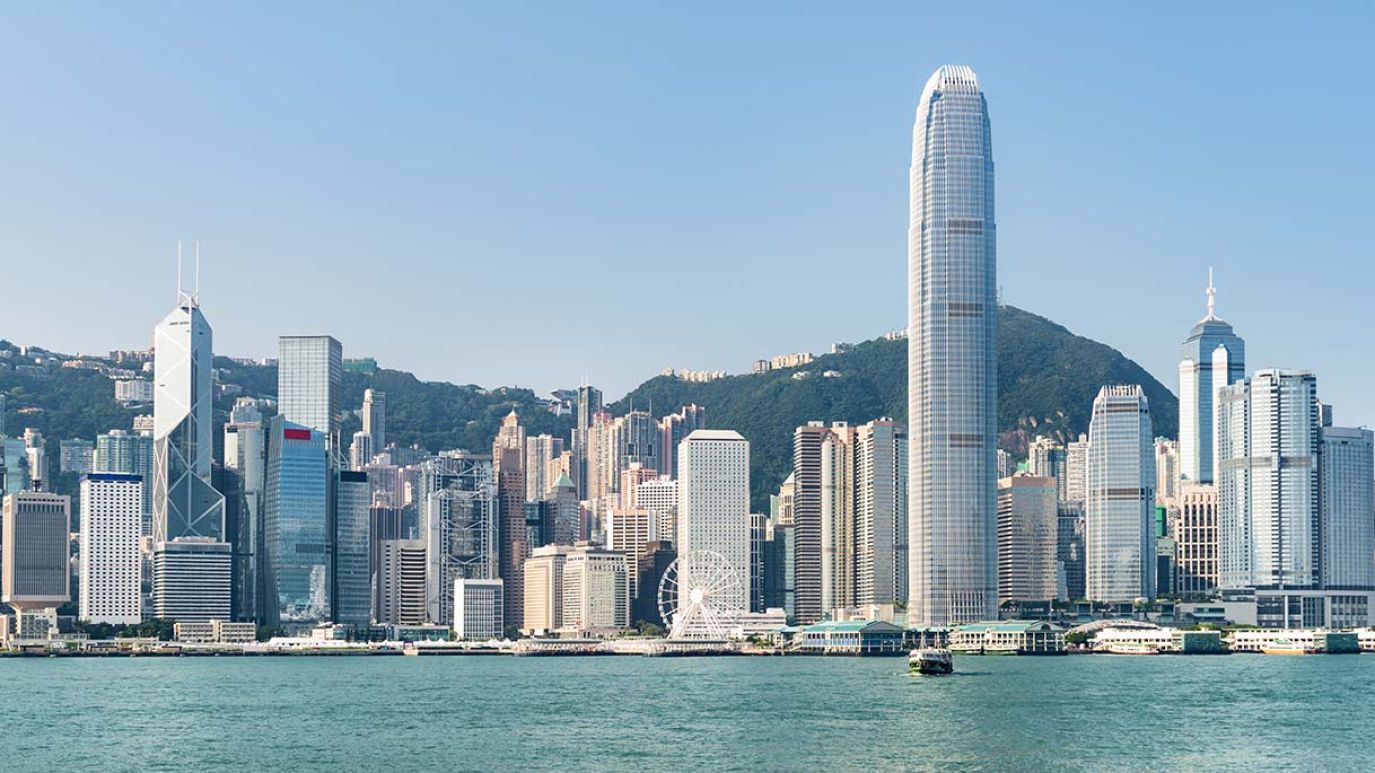Hong Kong’s Eroding Autonomy Adds Risks to Its Business Environment

In November, 45 Hong Kong politicians, activists, union officials, academics, and student leaders were sentenced to up to 10 years in prison on the charge of subversion under the national security laws of the People’s Republic of China (PRC) and the Hong Kong Special Administrative Region (HKSAR). One day later, Jimmy Lai, a former Hong Kong media mogul who is a democracy activist highly critical of the Chinese Communist Party, was tried in a Hong Kong court for sedition and foreign collusion.
Meanwhile, Hong Kong authorities are adopting measures, including expanding cooperation with mainland Chinese law enforcement authorities, to restrict entry by foreign individuals who are deemed to “pose high security risks” to Hong Kong’s “social order” and China’s “national security.” According to the U.S. Department of State, the HKSAR authorities “have dramatically restricted civil liberties” since the enactment of the 2020 PRC national security law for Hong Kong and the 2024 HKSAR national security ordinance. The State Department advises Americans to “exercise increased caution [when traveling to Hong Kong] due to the arbitrary enforcement of local laws.” On December 10, a PRC Foreign Ministry spokesperson said Beijing has “decided to impose visa restrictions on U.S. personnel who have acted egregiously on Hong Kong-related issues.”
Pamir assesses that these developments are the latest evidence of Hong Kong’s eroding autonomy vis-à-vis the Chinese mainland, which creates additional risks in Hong Kong’s business environment. As Hong Kong’s political interests align more with Beijing’s and its regulatory environment aligns more with that on the Chinese mainland, American companies and individuals in the HKSAR are increasingly likely to face legal harassments, including allegations of espionage and corresponding judicial punishments, to support Beijing’s policy objectives. Similarly, Americans of Hong Kong and Chinese descent are increasingly likely to be subjected to arbitrary legal measures, including exit bans and arrests, to serve the PRC government’s interests.
Hong Kong Strengthens Border Control
On October 6, Benson Kwok, the HKSAR Director of Immigration, appeared on Commercial Radio Hong Kong, one of the two commercial radio broadcasting companies in the HKSAR. During the program, Kwok disclosed that the HKSAR government maintains a “watch list” of individuals who “pose high security risks” to Hong Kong’s social order and China’s national security. Kwok did not define “high security risks.” He added that HKSAR residents would not be placed on the watch list.
Kwok also indicated that HKSAR immigration authorities had denied entry to 23,503 visitors to Hong Kong during the first nine months of 2024. This number represents 0.07% of all visitors to Hong Kong during the period. Kwok added that 85% of those denied entry were because “their purpose for visiting Hong Kong was suspicious.” According to Kwok, Hong Kong is obligated to “keep China’s southern gate safe.” Again, Kwok did not provide further explanation or definition of “suspicious” aims.
Hong Kong media reporting point out that the number of visitors denied entry by HKSAR authorities over the past nine months surpassed that for the entire 2023 (23,171). According to the independent Hong Kong Free Press, individuals denied entry to Hong Kong in 2024 included a Japanese activist, a Russian activist, and a German journalist-activist.
During the radio program, Kwok stated that in September the HKSAR implemented a new flight passenger notification system called the “Advanced Passenger Information System.” The system requires all airlines operating flights to Hong Kong to submit passenger information to the HKSAR Immigration Department prior to take-off. Airlines should block any passenger unapproved by the HKSAR Immigration Department from boarding a flight, according to the mandate. Kwok said that airlines will have a 12-month grace period to fully comply with the requirement. After September 2025, airlines that fail to comply will be penalized. Thus far, all airlines have been cooperating and the system has been working well, according to Kwok. Kwok added that HKSAR permanent residents would not be denied boarding.
Kwok also mentioned during the radio program that Hong Kong authorities have replaced a fingerprint recognition system with a new AI-aided facial recognition system for immigration control. The new system is installed at the Hong Kong International Airport, the Hong Kong-Zhuhai-Macau Bridge that connects mainland China’s Pearl River Delta to Hong Kong and Macau, and the border control station for the mainland city of Shenzhen. The system will also become operational in Sha Tau Kok – a Hong Kong town that borders the Chinese mainland – before the end of 2024. Kwok lauded the system for its efficiency – it reportedly takes the system only seven seconds to screen an individual.
Expanding Cooperation and Coordination with Mainland Chinese Authorities
Meanwhile, in July 2024 the HKSAR Immigration Department signed additional agreements with PRC law enforcement authorities in the city of Shanghai and the provinces of Jiangsu, Zhejiang, Anhui, and Shandong to increase coordination and cooperation. In June 2019, three months after the start of massive protests against a HKSAR government bill to permit extraditions to mainland China, Hong Kong’s immigration authorities initiated a “communication and coordination system” with immigration and law enforcement authorities in the Chinese mainland and Macau.
China’s 5G influence in developing economies
China’s Belt and Road Initiative and its digital counterpart, the Digital Silk Road, threaten to displace US telecom and tech companies in developing economies in Africa, Latin America and the Middle East. How can US operators and network providers stand up to the challenge?